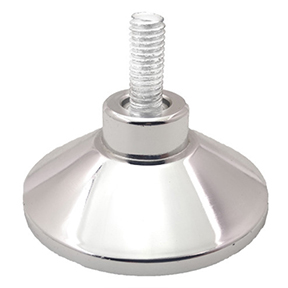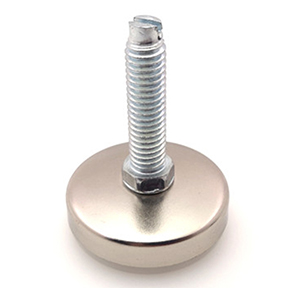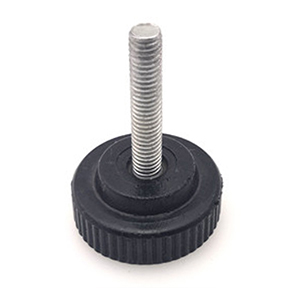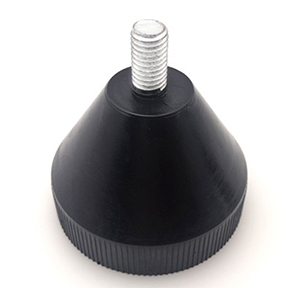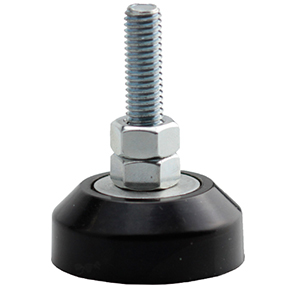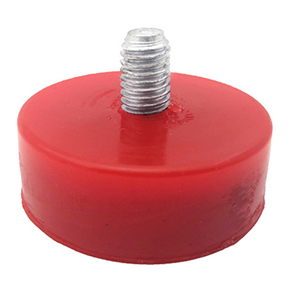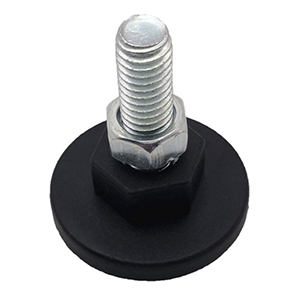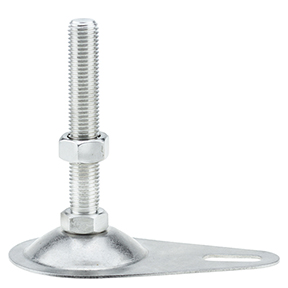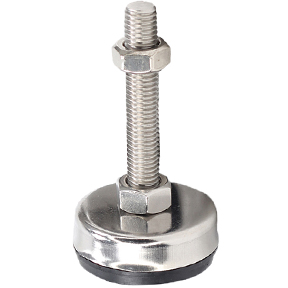Syrian army storms rebel town of Qusair
State TV says troops have captured key buildings in the town centre, a claim strongly denied by activists.
Rebels say 50 people have been killed while state media says 70 "terrorists" are dead.
Lebanese militants are said to be involved - Hezbollah siding with the government, Sunni gunmen with rebels.
The town - close to the border with Lebanon - has great strategic value. Its control would give the government access from the capital to the coast.
For the rebels, control of Qusair means they can come and go from Lebanon, says the BBC's Jim Muir, in Beirut.
The assault began early on Sunday with artillery fire and air strikes. In recent weeks the Syrian military has won back surrounding villages and countryside and had encircled Qusair.
Activists in the town posted video on the internet showing chaotic scenes at what they said was a field hospital flooded with casualties.
Our correspondent say some are clearly fighters while others are civilians.
The activists said the medical situation was drastic, with few resources to treat huge numbers of injured.
They said at least 50 people were dead and some 450 wounded.
State TV said that troops had taken over buildings in the centre, including the town hall, and were now chasing out "terrorists" - its term for the rebels.
Qusair resident and opposition activist Hadi Abdullah said civilians had sought shelter in basements.
He denied the regime had made advances in the town and said that the municipality building was destroyed in fighting months ago.
"It's the heaviest [shelling] since the beginning of the revolution," he said, quoted by AP news agency.
Earlier, Rami Abdel Rahman, of UK-based activist group the Syrian Observatory for Human Rights, said troops were advancing from the south and Hezbollah fighters were "playing a central role".
Earlier this month, Syrian forces reportedly dropped leaflets on the town, warning that it would come under attack if opposition forces failed to surrender.
In another development, the Lebanese National News Agency reported that eight Soviet-made Grad rockets had struck the north-eastern town of Hermel.
The agency said the short-range missiles were presumably fired from Syria but had caused no damage or casualties.
News of the assault on Qusair came as Syrian President Bashar al-Assad vowed to continue the "fight against terrorism".
In his first interview since the US and Russia announced plans for a peace conference, Mr Assad told an Argentine newspaper that the meeting should focus on stopping the flow of money and weapons to "terrorists".
He rejected suggestions he might stand down, saying a captain did not abandon his ship and presidential elections next year would determine his future.

The conference, scheduled for June, will try to persuade the Syrian government and opposition to accept a deal, including an immediate cessation of violence.
The plan, based on a UN-backed proposal, would see the establishment of a transitional government that could include officials serving under President Assad and members of the opposition.
However, neither the Syrian government nor the opposition has yet made a commitment to attend the meeting.
The top US general described Russia's decision to send missiles to Syria as "ill-timed and unfortunate".
Gen Martin Dempsey, chairman of the Joint Chiefs of Staff, said the shipment would "embolden the regime and prolong the suffering".
Without confirming the shipment, Russia's Foreign Minister Sergei Lavrov said the supply of missiles to Syria did not break any international rules.
Russia, a key ally of President Assad, has a small naval maintenance facility at the Syrian deep-water port of Tartus.
Last week, the BBC's Ian Pannell was shown video and eyewitness testimony that appear to corroborate allegations of chemical weapons' use in the Syrian town of Saraqeb.
Turkey has given US President Barack Obama what it says is evidence of chemical weapons use in Syria.
The US had warned that such a development would be a "red line" for possible intervention.
But Mr Obama said more specific details were needed about alleged chemical attacks.
Russia has consistently opposed any international intervention in Syria, along the lines of the Libyan conflict in 2011.
The UN said last week that the death toll in Syria had reached at least 80,000 since the conflict began in March 2011. Activists said the number could be as high as 120,000.
- Fracture repair knowledge ruled handwheel handle
- Troubleshooting ruled bakelite hand wheel and troubleshooting
- Ruled handwheel is a natural bakelite handwheel
- Bakelite valve installation, operation and maintenance
- New pressure-filled rubber mold bakelite handle
- Large hydro elastic metal plastic Thrust Bearing Technology
- Our robot industry development trends
- CNC machine tools towline Forecast
- Rotating the handle needle valve
- Rotation of the handle shut-off valve


